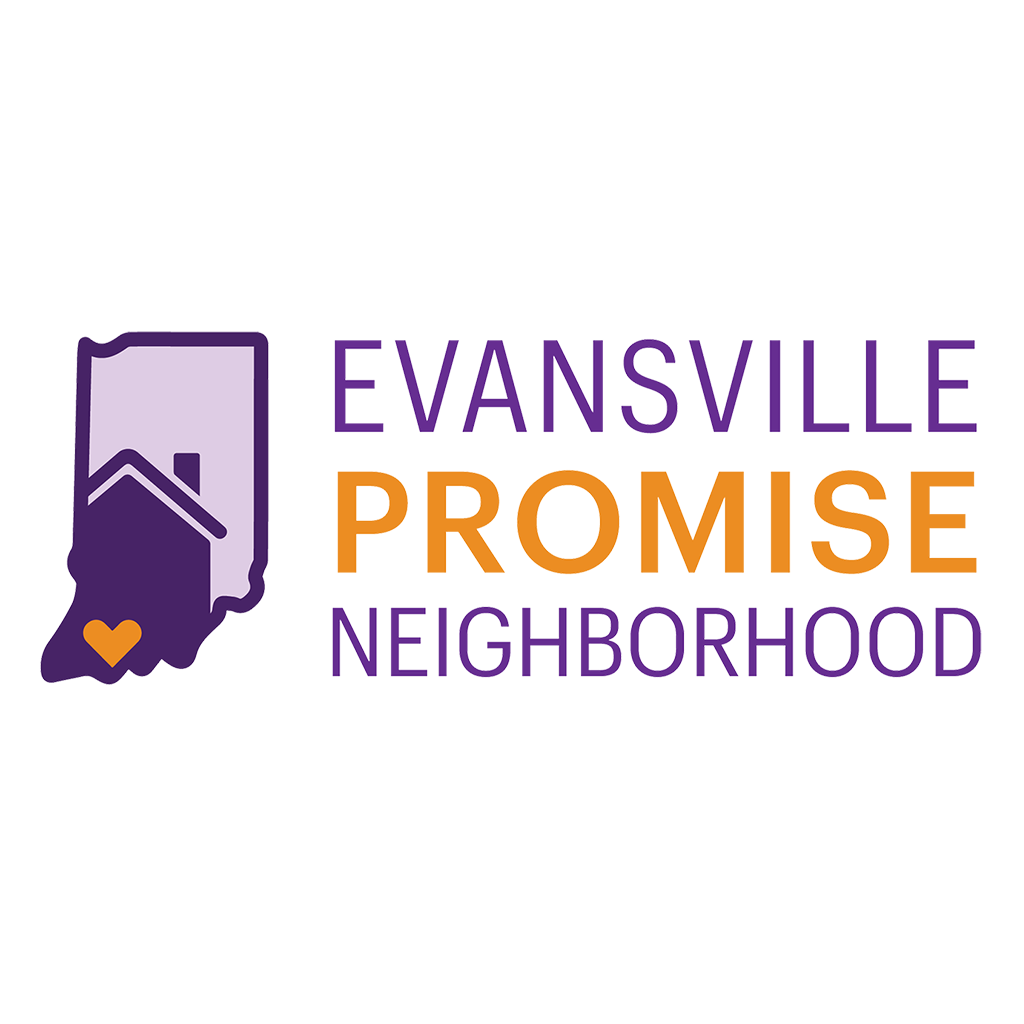In April of 2023, our client, the University of Evansville (UE), was awarded a $30 million grant from the U.S. Department of Education (with another $32 million collected in match) to create the Evansville Promise Neighborhood.
The Promise Neighborhood program aims to improve the lives of youth through cradle to career interventions, both educational and social (e.g., school readiness, high school graduation, and access to community services).
The Bolek team worked tirelessly over many months with an external evaluation consultant, project manager, and a core team of partners and stakeholders to lead this effort to a $30M grant win. There were a lot of layers to this win, and we attribute our success to several factors:
1 – Collective stakeholder approach and collaborative decision making
We’re experts in bringing people together, and we knew our input would bring value in deciding who in the community needed to be at the table for this transformative opportunity. It was essential that we put together an excellent team. Though we were the grant writing lead, we were just one part of a much larger and complex landscape.
In preparation for the application, many parties came together to examine our previous unsuccessful application, address shortcomings, and identify and assess appropriate partners and strategies to address the gaps.
Once the University of Evansville was confirmed as the applicant, others were invited to the core team (from UE, the public school corporation, Evansville Promise Zone, etc.). After the core team was formed, we met on a weekly basis.
Twenty-three community MOU partners dialed their efforts in and helped us make a strong case to ensure we hit every inch of the pipeline of services.
2 – Research is our strength
Our previous successful work in the education field helped us lend just the right amount of insight to the process, but when needed, we rolled up our sleeves to research further.
We examined past successful Promise Neighborhood applications to inform our project narrative format, content, and overall presentation.
We had to ensure our plan was evidence-based and would result in cradle-to-career outcomes over the long term. After gathering, organizing, and analyzing the data, we worked to align the proposed strategies to the What Works Clearinghouse. A resource of the U.S. Department of Education, the WWC examines what works in education and maintains a digital library of evidence-based educational research to support advancement in K-12 education.
3 – Another successful collaboration with Diehl Consulting Group
Over the years, we have worked with Diehl Consulting on many successful grants and have a proven track record with the Diehl Consulting team. For this grant, we worked with Diehl in several ways:
Diehl helped identify gaps in the previous application and assisted us and the Core Team to identify the right partners and strategies to address those gaps.
In preparation, Diehl worked with the EVSC data team to examine the data and decide on the schools with the highest need that we would ultimately focus our efforts on. Once we had chosen the schools, we had to map our pipeline strategies to the relevant performance indicators and develop a theory of change for each of those strategies.
With Diehl, we developed a logic model—the framework for the application narrative.
***
At Bolek, we do more than just write grant applications, we change lives.

